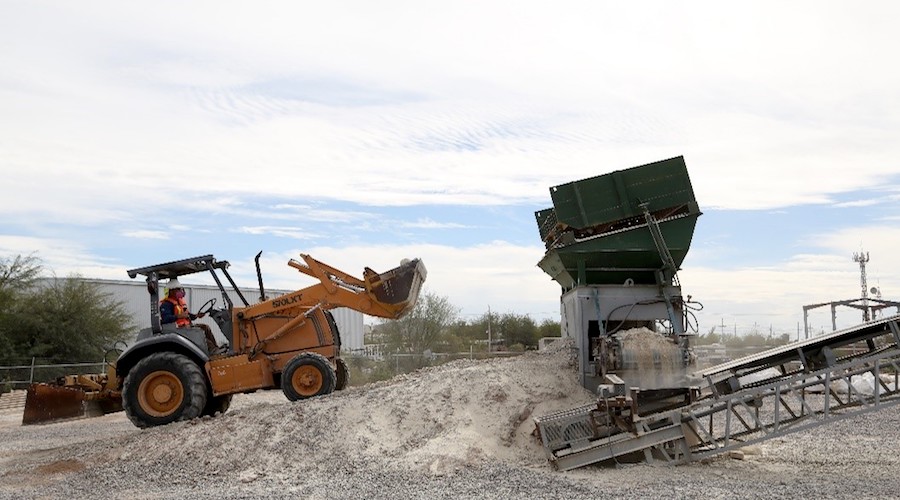Mexico’s lower house backs lithium nationalization plans


Mexican President Andrés Manuel López Obrador (AMLO) said on Tuesday that all lithium contracts would be reviewed, partially contradicting previous comments in which he promised not touch licenses already granted to private companies, provided exploration work has already begun and all license requirements have been met.
López Obrador comments come after the country’s lower house of Congress passed an amendment to mining legislation that paves the way for the state to nationalize the country’s lithium reserves.
AMLO moved on Monday to introduce the proposal to nationalize the country’s lithium directly to Congress, using a presidential prerogative to send a limited number of bills directly to the floor, bypassing the involvement of committees.
“I make a respectful call to the legislators so that ... we protect lithium and lay out the structure for a company, such as CFE, that will handle everything related to lithium, backed by the support of research facilities in the country and the experience learned from other countries,” he said in a press conference.
The bill was approved on Monday by the lower house, only 24 hours after the same lawmakers had rejected the controversial reform of the energy sector.
The proposed law, now in hands of the Senate, bans all private participation in the exploration and mining of lithium, which elevates to the category of “strategic mineral”.
The initiative has triggered worries among companies that already have lithium concessions in Mexico, including the one held by Bacanora Lithium (LON: BCN) in the country’s northwest. The company, owned by China’s Genfeng Lithium, is developing the giant Sonora project, which is slated to produce 35,000 tonnes of the metal per year starting in 2023.
The proposed law has also driven trade concerns, as it would violate the United States-Mexico-Canada Agreement (USMCA), said experts including Kenneth Smith Ramos, who headed technical negotiations for the now defunct North American Free Trade Agreement (NAFTA), told local media.
Smith said declaring lithium a strategic mineral, like certain radioactive minerals, either directly or indirectly, would breach the terms of the USMA as the battery metal was not listed as a strategic mineral when signed.
Most of the world’s current lithium output is locked away in long term deals as downstream chemicals producers, battery makers and electric vehicles makers are frantically trying to secure future supply.
Mexico’s reserves of the sought-after metal could position it among the world’s top producers if extracted, data from the U.S. Geological Survey shows. In terms of reserves, Bolivia ranks first with 21 million tonnes, followed by Argentina (19 million tonnes) and Chile (9.8 million). Mexico holds 1.7 million tonnes of lithium reserves.
This article was originally posted on www.Mining.com
Comments